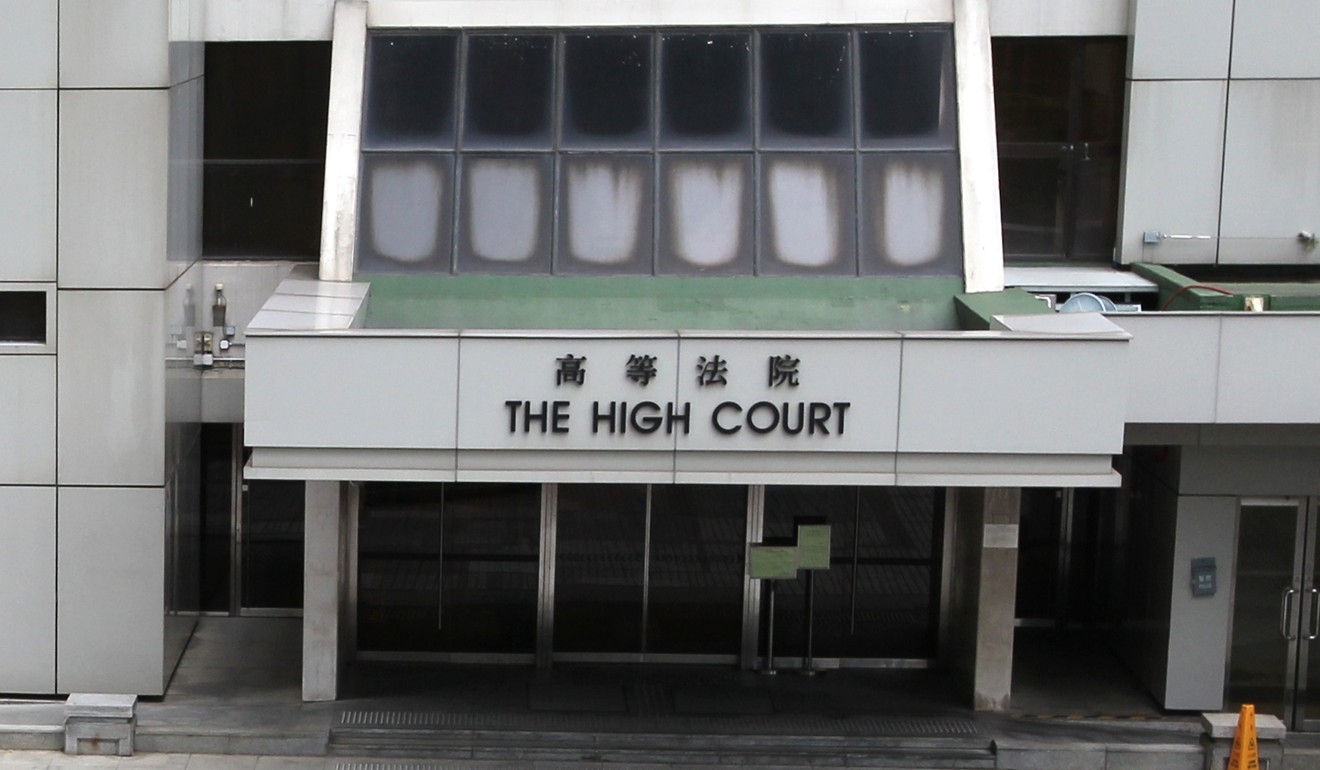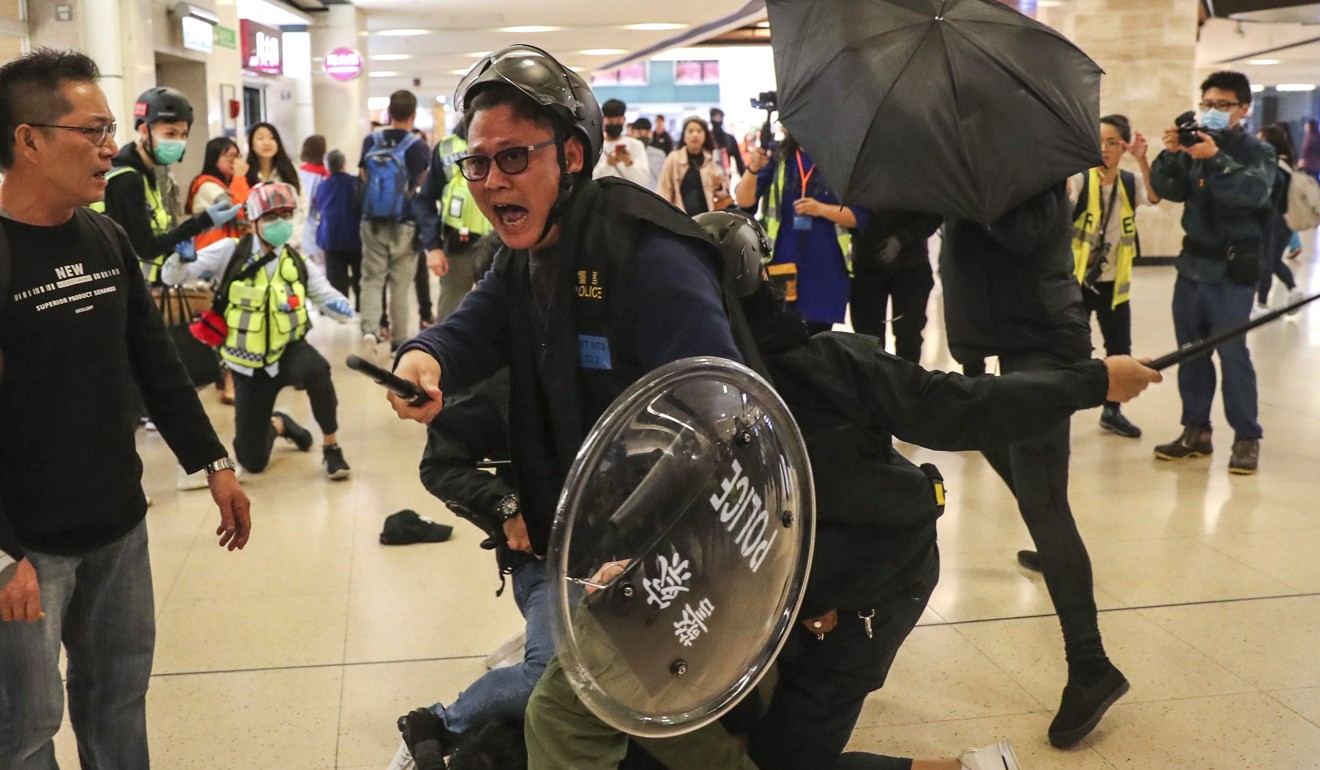
IPCC probe into Hong Kong police’s handling of protests to come under legal scrutiny
- Court grants permission to application for judicial review that contends IPCC has gone beyond its statutory powers by proactively starting probe into civil unrest
- Justice Keith Yeung of High Court finds it reasonably arguable that IPCC had no authority to initiate such a study, given the absence of any express statutory investigative or fact-finding powers
An investigation by Hong Kong’s police watchdog into the force’s handling of anti-government protests will come under legal scrutiny as a court on Friday allowed a judicial challenge against it.
Mr Justice Keith Yeung Kar-hung of the High Court granted permission to an application for judicial review filed by social worker and activist Hendrick Lui Chi-hang, who contended the city’s Independent Police Complaints Council (IPCC) had gone beyond its statutory powers by proactively starting a probe into the civil unrest triggered by the now-withdrawn extradition bill.
The watchdog is investigating police’s conduct during some of the large-scale public order events since June 9, with a special focus on the violent clashes outside the legislature on June 9 and 12, and the storming of the Legislative Council on July 1, in a first-phase report to be compiled by January.

But the judge found it reasonably arguable that the IPCC had no authority to initiate such a study, given the absence of any express statutory investigative or fact-finding powers.
“The report is intended to be submitted to the Chief Executive. If it turns out that the IPCC in fact does not have those requisite powers, the contents of the report may be tainted by materials obtained through processes which are outwith its powers,” Yeung said.
He said priority would be given to the present case in light of its judicial importance and the engagement of the rule of law.
As to the legal basis for commencing the probe, the IPCC cited Section 8(2) of the Independent Police Complaints Council Ordinance, which said the council may do all things reasonably necessary for, or incidental or conducive to, the performance of its functions.
Lui argued the legislature had never conferred investigative powers to the watchdog. The IPCC hit back by saying the lack of investigative powers was confined to specific complaints, but it still enjoyed incidental fact-finding powers.
Yeung eventually sided with the applicant after the first round of the legal battle, as he found the existence of incidental fact-finding powers, as suggested by the watchdog, required further inquiry.
An IPCC spokeswoman said the watchdog respected the ruling and would seek legal advice to decide the way forward.

The legal bid could pose another bombshell to the police watchdog, after a five-member international expert group announced earlier this month to “stand aside from its role” of helping the IPCC in its investigation. The expert group pointed out the IPCC lacked the powers and resources required to investigate the force’s conduct during protests.
Hong Kong’s beleaguered government has relied on the IPCC as the key channel to hold police accountable since the unrest unfolded. It has dismissed protesters’ demand for an investigation by an independent committee with statutory powers to call for witnesses and evidence.
In September, city leader Carrie Lam Cheng Yuet-ngor floated the idea of an independent review committee to look for the underlying causes of the unrest, but without any subpoena power.
Lam floated the idea two months after the IPCC announced on July 2 it would launch a probe into the major clashes.
It said in a statement its study aimed at laying the factual groundwork for it to discharge its functions effectively in handling complaints against police actions in protests.
